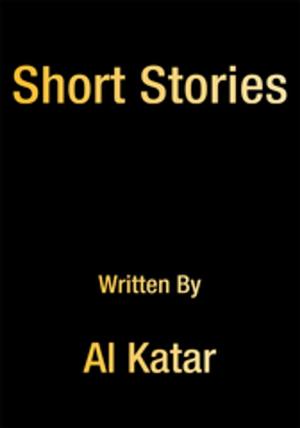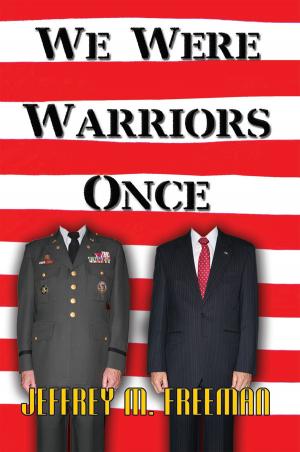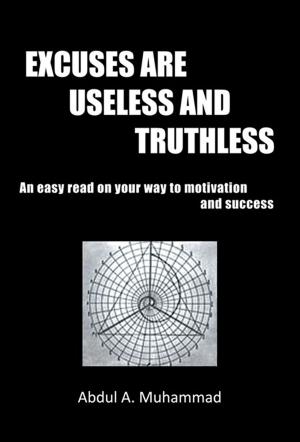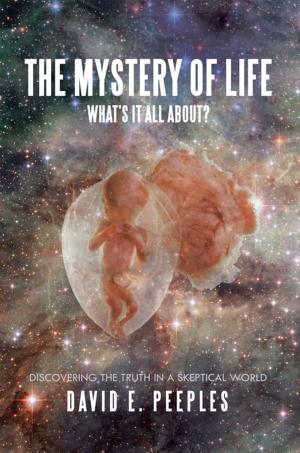Muddy Mentors and Scaly Scholars
Animal Teachers in Our Midst
Nonfiction, Religion & Spirituality, Inspiration & Meditation, Spirituality| Author: | Troy D. Ehlke | ISBN: | 9781469102979 |
| Publisher: | Xlibris US | Publication: | May 12, 2008 |
| Imprint: | Xlibris US | Language: | English |
| Author: | Troy D. Ehlke |
| ISBN: | 9781469102979 |
| Publisher: | Xlibris US |
| Publication: | May 12, 2008 |
| Imprint: | Xlibris US |
| Language: | English |
Muddy Mentors and Scaly Scholars is a primer for the exploration of animal ethics through the lenses of the Hebrew Bible, New Testament, Secular writings, and Native American mythology. The purpose of the text is to challenge the pervading belief that humans, by nature, have a greater degree of intrinsic worth. Animals have a great deal to teach us and may offer insight into areas that we have overlooked for some time. This text raises four key arenas for inspection: morality, respect, friendship, and ritual remembrance. If we look to the animals and how they interact with some humans, we may see the emergence of a more sophisticated ethical standard that appreciates all of life, rather than one that exists from a point of species-specific bias. The text is designed to facilitate a spiritual journey between the reader and creation. As one progresses through the pages, the reader is challenged to respond to the belief that we have dominion over the animals. The assertion that animals share much of lifes concerns with us is articulated clearly. As the Philosopher-King from Ecclesiastes says, I said in my heart that God is testing them to show that they are but animals. For the fate of humans and the fate of animals is the same; as one dies, so dies the other (Ecclesiastes 3:18-19). By seeing animals as teachers and pilgrims on the same journey of life, perhaps a new world can emerge: one where unity is celebrated above the divisiveness of difference.
Muddy Mentors and Scaly Scholars is a primer for the exploration of animal ethics through the lenses of the Hebrew Bible, New Testament, Secular writings, and Native American mythology. The purpose of the text is to challenge the pervading belief that humans, by nature, have a greater degree of intrinsic worth. Animals have a great deal to teach us and may offer insight into areas that we have overlooked for some time. This text raises four key arenas for inspection: morality, respect, friendship, and ritual remembrance. If we look to the animals and how they interact with some humans, we may see the emergence of a more sophisticated ethical standard that appreciates all of life, rather than one that exists from a point of species-specific bias. The text is designed to facilitate a spiritual journey between the reader and creation. As one progresses through the pages, the reader is challenged to respond to the belief that we have dominion over the animals. The assertion that animals share much of lifes concerns with us is articulated clearly. As the Philosopher-King from Ecclesiastes says, I said in my heart that God is testing them to show that they are but animals. For the fate of humans and the fate of animals is the same; as one dies, so dies the other (Ecclesiastes 3:18-19). By seeing animals as teachers and pilgrims on the same journey of life, perhaps a new world can emerge: one where unity is celebrated above the divisiveness of difference.















